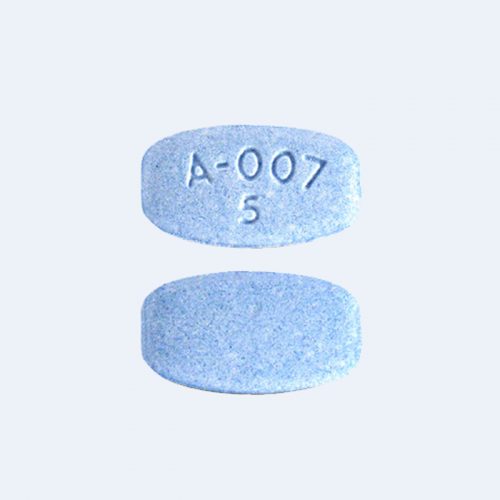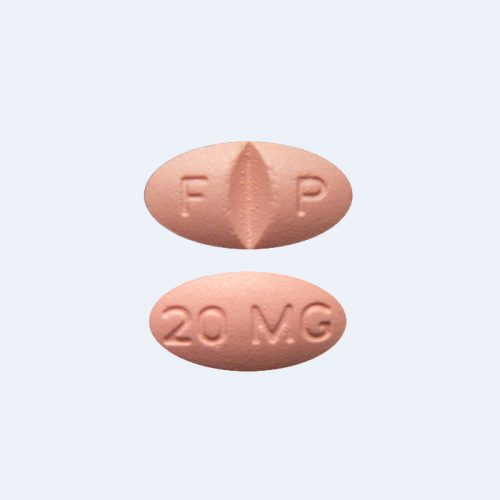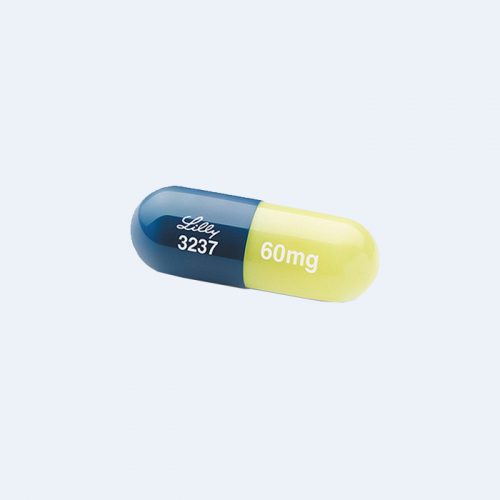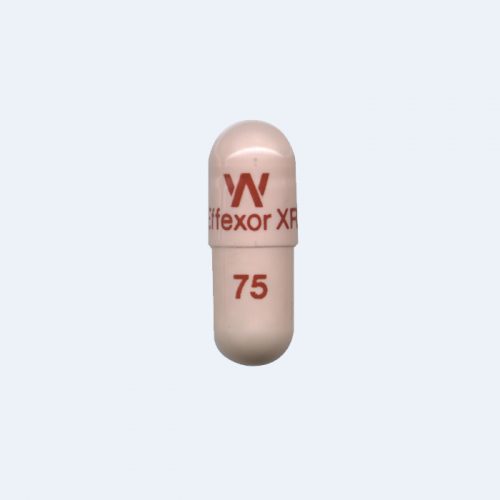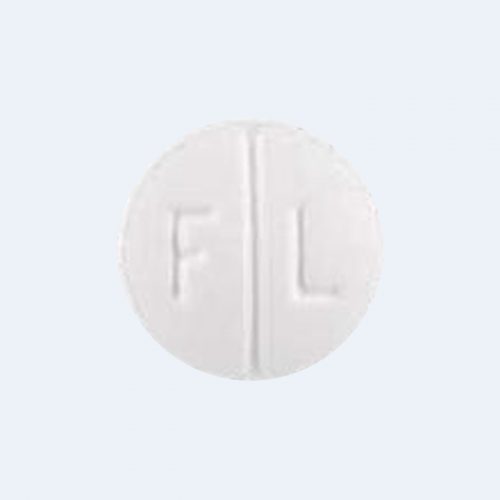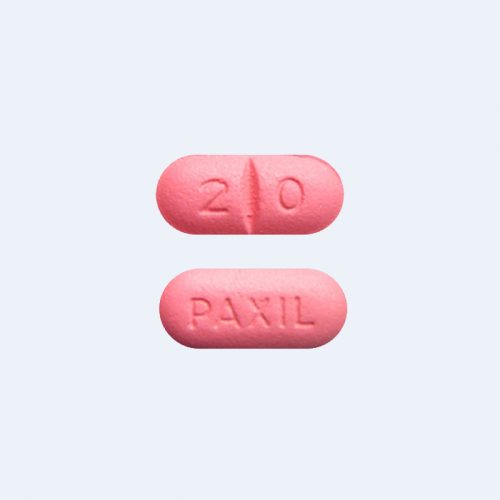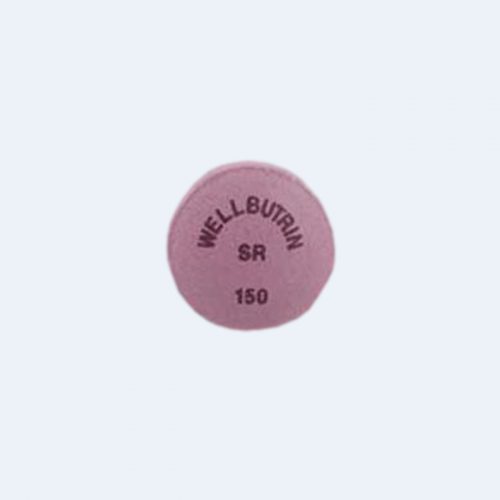Antidepressants
Antidepressants are often taken by patients with depression, although they may not cure this condition, but they work by reducing its unpleasant symptoms.
There are different types of antidepressants to choose from, but they all work in a bit different ways and may cause different side effects.
- SSRIs, or selective serotonin reuptake inhibitors, are often chosen by doctors to treat their patients, because they’re safe and cause fewer adverse effects (Zoloft, Prozac, Paxil).
- SNRIs, or serotonin and norepinephrine reuptake inhibitors, such as Effexor, Fetzima and Cymbalta.
- NDRIs, or norepinephrine and dopamine reuptake inhibitors, include Aplenzin, Wellbutrin and Forfivo, that are often associated with unwanted sexual adverse effects.
- Atypical antidepressants don’t fit into other categories and include Remeron, Viibryd and other sedating meds.
- Tricyclic antidepressants, like Pamelor, Vivactil and Tofranil, that tend to cause more side effects compared to newer drugs.
- MAOIs, or monoamine oxidase inhibitors, are prescribed when other antidepressants didn’t work well, because they come with specific drug interactions.
Showing all 11 results

